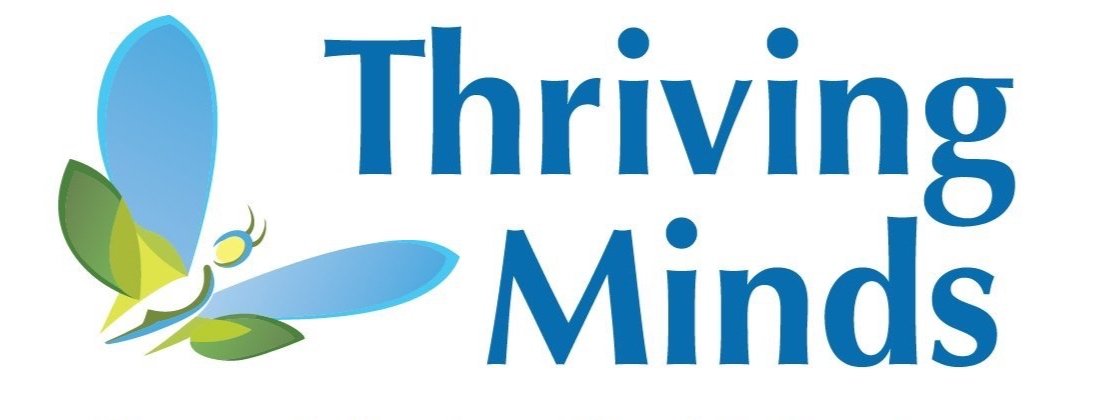Navigating the School System: Supporting Children with Selective Mutism
Children with Selective Mutism (SM) face significant speaking challenges at school, which often leads families to underestimate the severity of their child's anxiety until they are exposed to the school environment. Shockingly, treatment for this condition typically starts 2 to 5 years after the difficulties emerge, as many believe the child's silence is merely a phase that they will outgrow. This is unfortunate, as earlier intervention and collaboration among parents, school staff, and therapists yields better outcomes for children with SM.
Treatment goals for children with SM include comfortable verbal communication with adults and children, and in various settings like school, extracurriculars activities, and the community. Exposure therapy plays a crucial role in anxiety treatment, emphasizing practice in challenging situations to build bravery. This requires direct work on speaking not only in the clinic environment, but also in school to make progress. Successful treatment also requires all adults, especially the child's teacher, to be able to apply evidence-based strategies.
Here are three tips to help your child make progress in school setting:
1. Prepare teachers. Many school staff are unfamiliar with SM. Without proper education, teachers may do things starting the first day of school that they think are helping your child -- but accidentally reinforce not speaking (e.g., moving on when they do not reply, purposely never calling on them, letting them always write down their responses). The sooner teachers know about SM, the better! Before your child steps foot in the classroom, write an introductory letter that talks about SM and what the teacher should try to do (or not do!). You can even request to meet with your child’s teacher prior to the first day to discuss with them more about your child’s needs, current goals, and future goals. Be sure your child’s teacher keeps a copy of this letter to share with substitute teachers, too.
2. Have a keyworker. Make sure there is someone who can be “boots on the ground” in the school, consistently meeting with your child to provide intervention and monitor their progress. Think of this keyworker as being the school-based therapist. This should be someone who can meet with your child multiple times per week to provide individualized practice opportunities. Your clinical therapist should collaborate closely with this person – for example, providing them the SM skill training they need and ongoing support with setting appropriate speaking goals.
3. Make Tracking Communication Easy and Frequent. Provide your child’s teacher a simple way to track what is happening in the classroom and any specific brave behaviors you may be working on (e.g., tally marks when your child raises their hand). Set up a “communication log” where everyone who interacts with your child can note daily areas of success and challenge. Regularly request a meeting with your child’s teacher and other important members of the school team (e.g., specials teachers, reading interventionist) to ensure collaboration and problem-solve any challenges together. Be sure to include your child’s therapist in these discussions to help in coordinating efforts!
It can be very challenging to help a child with SM in the school setting. When your child is not making progress despite various strategies you have implemented, it can become disheartening; however, Thriving Minds can help. We offer an innovative and intensive treatment for SM in the school setting that could be just what your anxious child needs. This program provides four full days of treatment at your child’s school, giving them multiple practice opportunities and access to expert clinicians that can work toward making progress directly in the environment where their SM is most persistent. With professional guidance and individualized intervention plans, we can help your child become a confident communicator. If you would like more details about a school-based intensive, please don't hesitate to reach out – we'd love to speak with you about what we offer.

